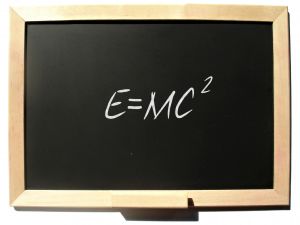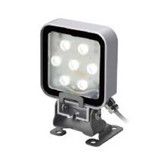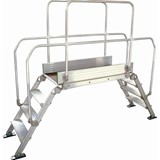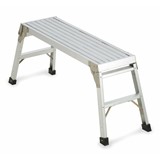Mathematician Dr Kirill Krasnov and chemist Dr Andrei Khlobystov, of The University of Nottingham, UK, have each been awarded a Starting Investigator Grant from the European Research Council.
The money will be used to fund two very different but equally novel research projects — one aimed at resolving the conflict between Einstein’s theory of relativity and quantum mechanics and the other at using nanotechnology to develop microscopic test-tubes, or nanoreactors, and new nanomaterials.
Professor Bob Webb, Pro-Vice-Chancellor for Research at The University of Nottingham said the grants were tough to get, and represented a tremendous achievement.
"The grants are also a huge opportunity for the University. They award very large sums to carry out exciting, high-risk, game-changing research by excellent individuals," Professor Web said.
Dr Krasnov, of the University’s School of Mathematical Sciences, will use the funding for a project that will develop a new scientific description of the gravitational force.
Physicists today describe gravity using Einstein’s theory of general relativity, published in 1916, which says that gravity is encoded in the geometrical properties of space and time.
The theory has been confirmed by observations of planets and spacecrafts in the Solar System and provides the foundation for our understanding of the evolution of the Universe as a whole.
However, the theory cannot be applied at very, very small distances where effects of quantum mechanics become important.
These "quantum effects" are so tiny that they can only be studied theoretically but they do imply that Einstein’s theory of general relativity is inconsistent with laws of quantum mechanics.
The team of Dr Krasnov will use advanced mathematics to develop a description of gravity that will most optimistically resolve discrepancies between this theory and quantum mechanics.
"The new description of gravity is different from Einstein’s in several key aspects and the most optimistic scenario is that the quantum effects will now be under control," Dr Krasnov said.
"The technical aim of this project is to perform calculations that will show that this is the case or, alternatively, disprove some existing conjectures."
Dr Andrei Khlobystov’s study will focus on molecules at a single-molecule level, chemical reactions in real space and time and the manufacture of molecules within nano-sized containers.
The project will produce molecules with optical, magnetic or electrochemical properties wired to one-dimensional nanostructures that could be used for the next generation of electronic devices, from ultrasensors to quantum information processors.
"This project is a multidisciplinary ambitious programme to harness the functional properties of one-dimensional nanostructures and to develop practical applications for these materials," Dr Khlobystov said.
"The timing of this project is excellent. I have been studying carbon nanostructures, such as nanotubes, for almost 10 years and feel that my research team and I now have a critical mass of knowledge required to succeed in this project.
"Also, our field of research — chemical nanoscience — is currently going through revolutionary changes in its methodology, as new methods, such as aberration corrected transmission electron microscopy, become available for characterisation and manipulation of individual molecules and atoms."
The highly-competitive, peer-reviewed selection process for the ERC Starting Grant focuses on the excellence of the individual and their groundbreaking research idea and Dr Krasnov and Dr Khlobystov were chosen from an international pool of more than 4,000 applicants.







